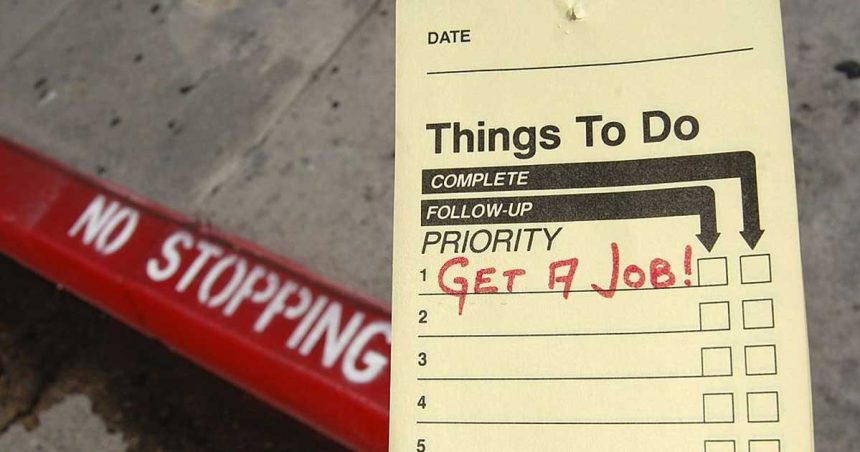Risk management is a fundamental component of any business strategy. In an increasingly globalized and connected world, organizations face a variety of risks, from financial risk to operational risk and reputational risk. One of the most critical risks organizations face today is the risk of transacting with risky or sanctioned entities. This is where restrictive lists play a crucial role.
What are restrictive lists?
Restrictive lists are lists of individuals, entities, or countries that are subject to sanctions, restrictions, or prohibitions by government or international organizations. These sanctions can be the result of a variety of factors, such as participation in illegal activities, violation of human rights, participation in the financing of terrorism, or association with criminal organizations.
Restrictive lists are maintained and updated by a number of bodies at the national and international level, such as the European Union (EU), the United Nations (UN), and the United States Department of the Treasury. These lists include, among others, the EU Consolidated Sanctions List, the UN Sanctions List, and the US Specially Designated Nationals (SDN) List.
The importance of restrictive lists in risk management
Restrictive lists are a key tool in risk management for several reasons:
- Preventing transactions with risky or sanctioned entities: Transacting with entities that are on a restrictive list can have serious legal and financial consequences for an organization. This includes substantial fines, legal sanctions, and damage to the company’s reputation. By regularly checking restrictive lists and ensuring no transactions are conducted with sanctioned entities, organizations can minimize these risks.
- Compliance with international regulations: International regulations on sanctions and restrictions are constantly evolving. It is essential for organizations to stay up to date with these regulations to avoid inadvertent violations that could result in fines and penalties. Restrictive lists provide an up-to-date and reliable source of information on sanctioned entities, helping organizations maintain compliance.
- Preventing Terrorist Financing and Money Laundering: Restrictive lists include individuals and entities involved in illegal activities, such as terrorist financing and money laundering. By avoiding transactions with these entities, organizations can reduce the risk of being inadvertently associated with criminal activity.
- Protecting company reputation: Reputation is one of a company’s most valuable assets. Transacting with sanctioned or risky entities can cause irreparable damage to an organization’s reputation. By using restrictive lists to prevent transactions with these entities, organizations can protect their reputation and maintain the trust of their customers and partners.
Best practices for using restrictive lists
- Integration into Due Diligence Processes – Restrictive lists should be an integral part of an organization’s due diligence processes. This includes checking customers, suppliers, and business partners against restrictive lists before entering into business relationships.
- Regular updating: Since restrictive lists are dynamic and subject to frequent change, it is essential that organizations regularly update their lists and conduct periodic checks on their customers and business partners.
- Utilizing technology: There are several tools and platforms available that can help organizations manage and monitor restrictive listings efficiently. These tools can automate the verification process and help identify potential matches.
- Staff training and awareness: It is essential that risk management and compliance staff are properly trained and aware of the importance of restrictive lists and how to use them correctly.
Restrictive lists are an essential tool in an organization’s risk management. They help prevent transactions with risky or sanctioned entities, ensure compliance with international regulations, prevent terrorist financing and money laundering, and protect the company’s reputation. Integrating restrictive lists into due diligence processes, keeping them regularly updated, using technology to manage them efficiently, and training staff are key practices to maximize their effectiveness.








